With the elections of September 25, a new Parliament and a new Government have come into being, resulting, as is natural, in changes regarding the top figures in the Executive, House and Senate in the areas of culture and tourism. Let’s see who are the new people who will have to deal with these issues having now accomplished in a definite way the formation of the Government with the appointment of the undersecretaries and, in Parliament, the formation of the Committees with the election of their respective chairs and internal bodies.
First of all, as is well known, at the governmental level Tourism and Culture will live their own lives with two separate ministries, while in the Chambers the two subjects are assigned in a non-specular manner between one chamber and the other and with different subject matter groupings also as a result of the change in the internal regulations with a reshuffling of the various subjects from one committee to another. In the House, Tourism is the responsibility of the 10th Committee along with Productive Activities and Commerce while Culture is the responsibility of the 7th along with Education, Science, Sports and Publishing.
In the Senate, Tourism and Culture also travel separately. Here, moreover, following the reduction in the number of senators from 315 (plus life senators) to 20 (plus life senators) there have been changes in the Rules of Procedure and in the distribution of the competencies of the various committees, which have also been merged. Based on subject affinity and workloads, the Foreign Affairs and Defense, Environment and Public Works, Industry and Agriculture, and Labor and Health committees were merged. And thus Tourism will be the preserve of the 9th Commission, which in the new formulation also includes Industry, Trade, Agriculture and Agribusiness production. Culture, on the other hand, is in the 7th commission, and will also deal with education, scientific research, entertainment and sports.
The varied assortment of subjects certainly makes the composition of the commissions somewhat sectoral: not everyone is an expert in everything, and so there will be the one who knows about agriculture or fish production, the one who knows about large industrial systems and then tourism, or specifically about schools and the myriad rivulets of teacher competitions, and then certainly also those who know the articulated world of museums and art exhibitions. So it is not the number of members that makes the difference but the specific profile of who among them will actually be in charge of culture or tourism, in our case.
Sitting behind the desk at the Collegio Romano is Gennaro Sangiuliano, the Meloni government’s new culture minister. A journalist, he has been director of TG2 since Oct. 31, 2019, and previously served as deputy director of TG1. Educated in Naples, he received a classical high school diploma from the Pansini Institute and then graduated from the Federico II University with a law degree. Also on his resume is a master’s degree in European private law from La Sapienza in Rome and a PhD in Law and Economics from the University Federico II in Naples. In addition, he has taught Information Law at Lumsa, Economics of Financial Intermediaries at Sapienza, History of Economics and Business at Luiss in Rome, and directed the School of Journalism at the University of Salerno.
Daniela Santanchè, on the other hand, is the new Minister of Tourism: a communications and publishing entrepreneur, she is also a partner of Flavio Briatore in the Bilionarire in Costa Smeralda and the Twiga beach resort in Forte dei Marmi, Versilia.
Let’s also see what happened to the previous ministers of the Draghi government: former Tourism Minister Massimo Garavaglia has become Chairman of the Senate Finance Committee, while former Minister Dario Franceschini is in the Senate and is a Member of the 4th Standing Committee dealing with European Union Policies and on November 15 was unanimously elected Chairman of the Committee on Elections and Parliamentary Immunities.
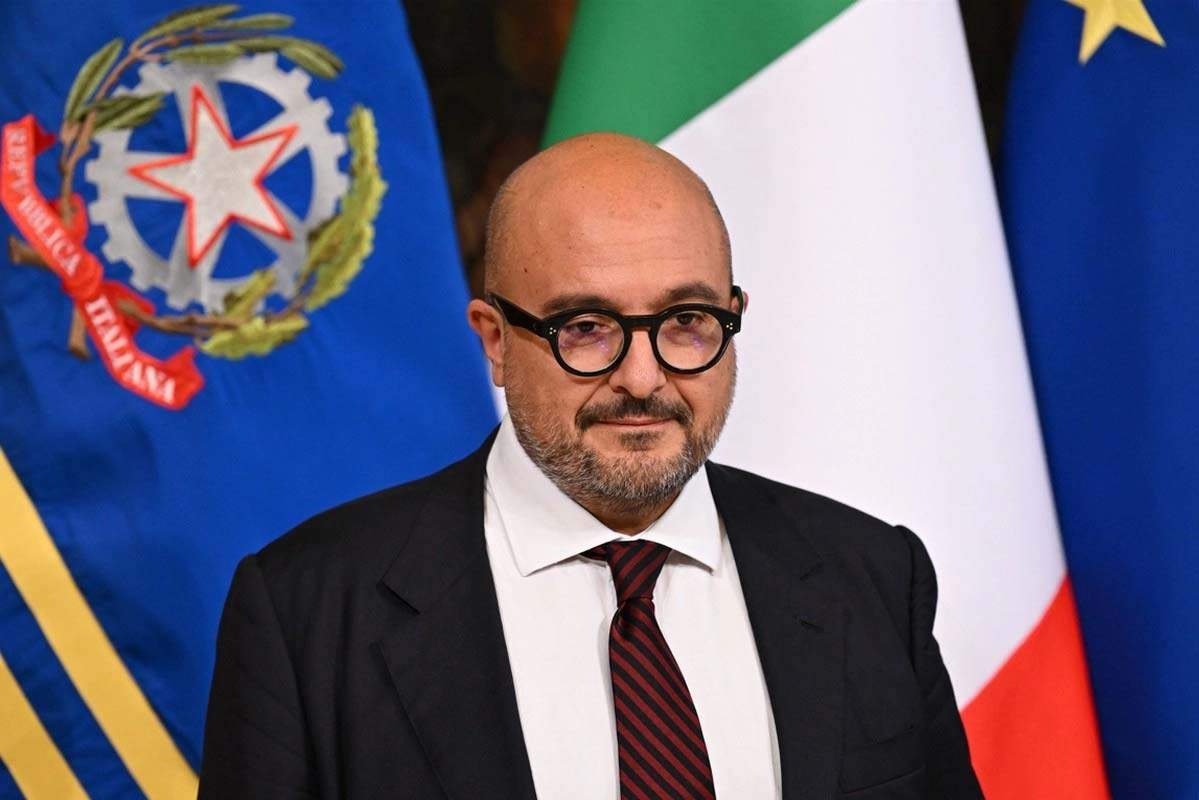
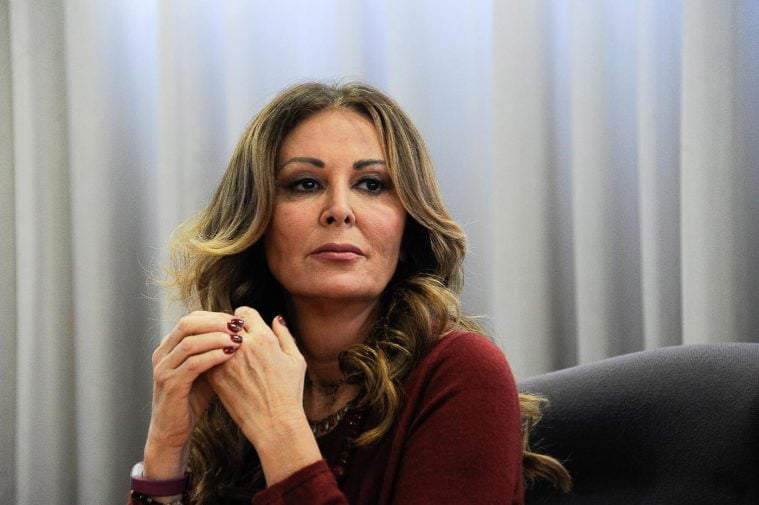
With the Council of Ministers of October 31, he completed his team at the political level with the arrival of three undersecretaries: Vittorio Sgarbi, Lucia Borgonzoni and Gianmarco Mazzi, the only one of the three who had not previously held the same post. Borgonzoni in fact has been undersecretary in this ministry twice in recent years: in Count I from 2018 to 2019 and then from 2021 with the Draghi government and now with Giorgia Meloni. She holds a degree in Fine Arts from the Academy of Fine Arts in Bologna, the daughter of an architect and granddaughter of a painter, with a thesis on the Phenomenology of Styles.
Vittorio Sgarbi, on the other hand, had already held the post for a year from June 2001 to 2002, with Giuliano Urbani as minister, not to mention having served as chairman of the Chamber’s Culture Commission from 1994 to 96 and as regional councillor for cultural heritage in the Sicilian Region, just to name a few of his political posts. Sgarbi has also been mayor of small municipalities such as Salemi and San Severino Marche and is currently mayor of Sutri, a town of about 6,600 inhabitants in the province of Viterbo.
Gianmarco Mazzi, on the other hand, managing director and artistic director of Arena Verona, has spent his life in the world of music: from the pop music of Sanremo to the production and discovery of pop singers over decades, to the conception of the Italian national soccer singers’ team with which to play matches whose proceeds he donates to solidarity. Long and fruitful relationship with Adriano Celentano, Dario Fo, Riccardo Cocciante, both in the recording and television field as well as many other artists, since 2006 he has been Artistic Director or joined him in several editions of the Sanremo Festival (Paolo Bonolis, Giorgio Panariello, Antonella Clerici, Gianni Morandi, Amadeus/Fiorenllo). He is the author of many television programs.
Daniela Santanchè, on the other hand, has no undersecretaries.
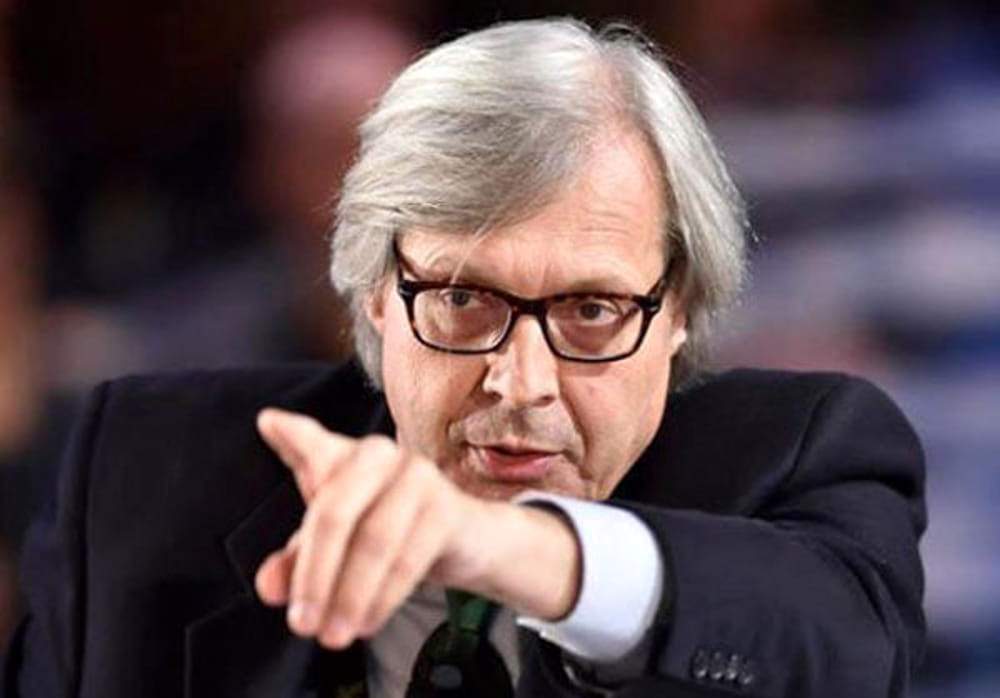
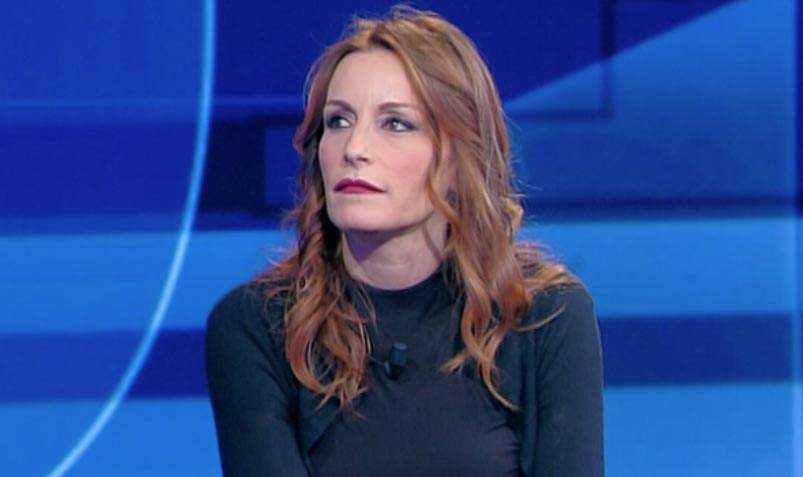
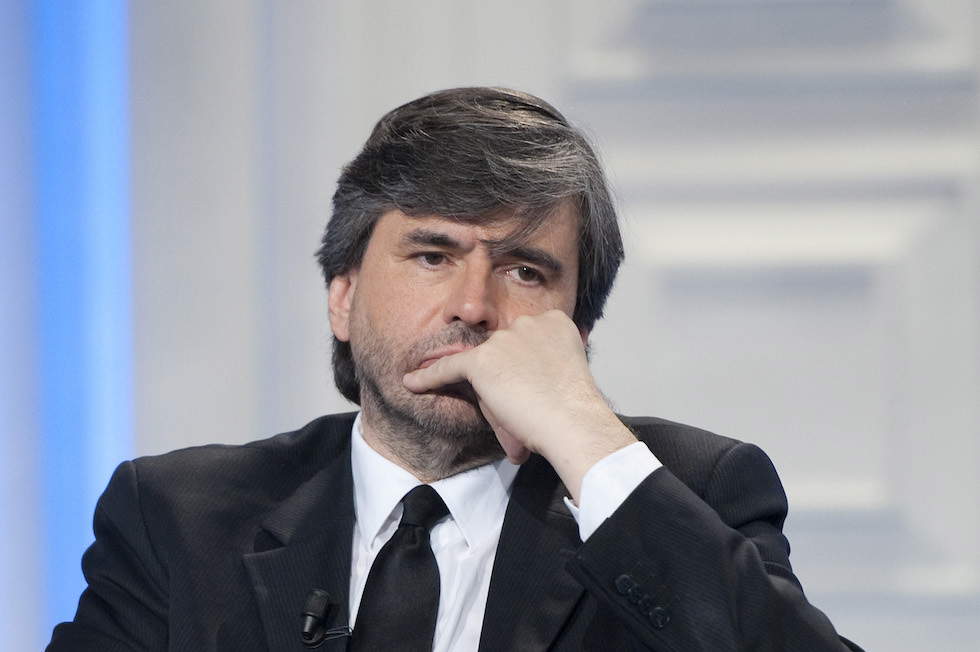
For the 7th committee of Montecitorio, which includes the subjects of Culture, Science, Education, Sports and Publishing (although these last two subjects are not included in the official wording of the commission’s name, but the newly elected president told Radio Radicale that he would like to extend the official wording with all the subjects under its jurisdiction) was was elected chairman Federico Mollicone (52, founder of Fratelli d’Italia for which he was head of culture) already a member of this commission and who in the 18th Legislature founded and coordinated the Parliamentary Intergroup on Culture, Art and Sport. A marketing expert, he founded and managed communications companies and was head of Image for Alleanza Nazionale.
His vice chairmen are Giorgia Latini (League), a former alderman of the Marche Region, and Valentina Grippo (Action-IV). The rest of the composition sees the presence of two former undersecretaries of ministries with subject expertise: Anna Laura Orrico (M5S) who was Ministry of Culture and Rossano Sasso (League) who was at the Ministry of Education. Also present are no less than two former ministers, Maria Elena Boschi (IV) and Roberto Speranza (Pd), a former regional president, Nicola Zingaretti (Pd), and from the Sicilian Region comes Regional Councillor for Tourism, Sports and Entertainment Manlio Messina (Fdi). There is also the well-known face of television Rita Dalla Chiesa (FI) and Matteo Orfini for years head of Culture of his party, the Pd, as well as director of the ItalianiEuropei Foundation of Massimo D’Alema and Giuliano Amato. Also noteworthy is the presence of entrepreneur Antonio Angelucci, elected with the League, owner of many private clinics and service companies in the health sector (almost 30 facilities, particularly in Lazio including San Raffaele in Rome, and in Puglia, for a total of more than three thousand beds and two thousand employees) but above all editorial (given the theme of the Commission): he is in fact the publisher of Il Tempo, Libero, Corriere di Arezzo, Corriere di Siena, Corriere di Viterbo, Corriere di Rieti, and Corriere dell’Umbria, and for a time was also the publisher of Il Riformista. Also present are, for Alleanza Sinistra Italiana Verdi Elisabetta Piccolotti; for Forza Italia: Stefano Benigni, Annarita Patriarca; for the PD Mauro Berruto, Irene Manzi; for Fratelli d’Italia Alessandro Amorese, Gerolamo Cangiano, Grazia Di Maggio, Nicole Matteoni, Marco Perissa, Fabio Roscani; for the League: Giovanna Miele; for the 5 Star Movement M5S: Gaetano Amato, Antonio Caso, Susanna Cherchi.
TheProductive Activities, Trade and TourismCommission ofthe Chamber of Deputies, on the other hand, will be headed by Alberto Luigi Gusmeroli, a Leghist and vice mayor of Anola, a village in the Novara area. Gianluca Caramanna, on the other hand, has worked in tourism in all capacities over the past 27: from employee of private companies to founder of two companies and then consulting for public entities from the Municipality of Rome to the Lazio Region, from Marche to Sicily to Liguria to parliamentary groups and Enit. His deputies are journalist Ilaria Cavo elected with Noi Moderati and Paola De Micheli of the Pd. The commission includes among its members a former minister, Andrea Orlando formerly Minister of Justice, Labor and Social Policies, and the Environment; Deputy Minister of Economic Development Alessandra, Todde, former CEO of Olidata, who was in charge of smart cities and 5G, among other things, at the department; the former mayor of Turin Appendino; and that of Rimini Gnassi. The other members: Eleonora Evi, Luca Squeri, Giorgia Andreuzza, Alfredo Antoniozzi, Andrea Barabotti Frabrizio, Benzoni, Enrico Cappelletti, Maurizio Casasco, Beatriz Colombo, Fabrizio Comba, Michela Di biase, Salvatore Di Mattina, Silvio Giovine,Umberto Maerna Novo, Emma Pavanelli, Vinicio Peluffo, Fabio Pietrella, Polidori Catia, Michele Schiano di Visconti, Luca Toccalini, and Riccardo Zucconi.
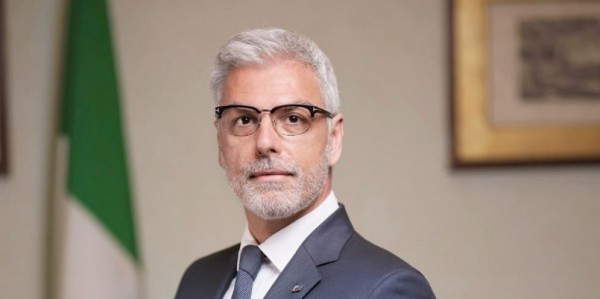
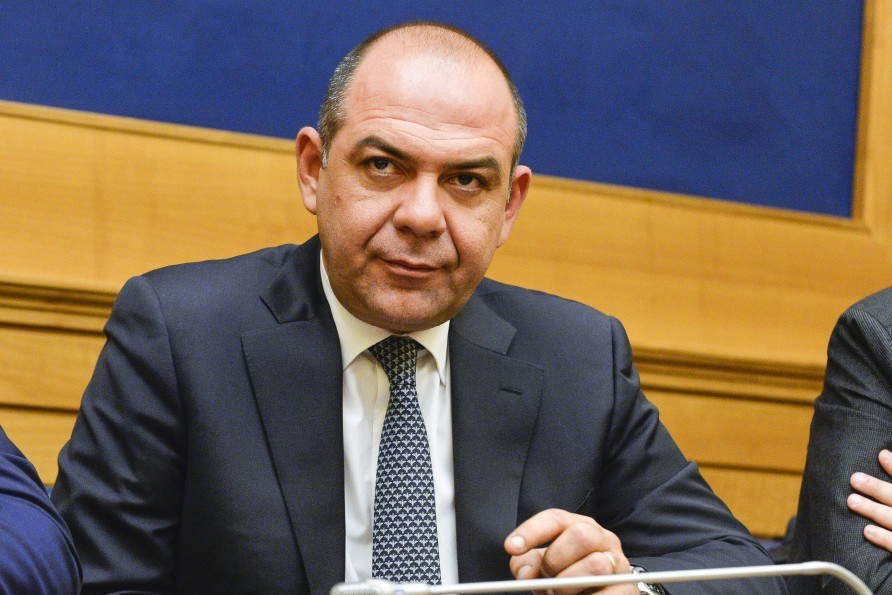
The Senate’s “Culture and Cultural Heritage, Public Education, Scientific Research, Entertainment and Sports” Commission, on the other hand, is chaired by Leghist Roberto Marti, and his deputies are Giulia Cosenza (Fdi) and Giusy Versace (she is related: her father Alfredo was a cousin of fashion designer Gianni), the famous Paralympic athlete elected with Action-IV, who in 2010, after suffering a disastrous accident, began running with carbon prostheses and became the first Italian athlete in history to run with bilateral amputation. In 7 years, she collected 11 Italian titles and set several national records in the 60, 100, 200 and 400 meters. She joins the Fiamme Azzurre sports group and in 2016 wins her first international medals (European Championships: Silver on the 200m and Bronze on the 400m). In the same year he achieves his greatest goal and participates in the Paralympics in Rio, entering the finals in the 200m race. In 2011 he founded the Disabled No Limits Onlus.
On this committee there is a former minister, Antonio Guidi, who was in charge of Family and Solidarity in a Berlusconi government; there is a House group leader, who is Massimiliano Romeo of the League; and there are two life senators: researcher Elena Cattaneo and Liliana Segre. Nothing to add about their biographies. The PD will be represented by former undersecretary Cecilia D’Elia at Labor and Mef, virologist Andrea Crisanti, Vincenza Rando and Francesco Verducci. In addition to those already mentioned, the committee includes, for Fratelli d’Italia will be seated Carmela Bucalo, Giulia Cosenza, Antonio Iannone, Paolo Marcheschi, Filippo Melchiorre, and Raffaele Speranzon. For the League Andrea Paganella, for Forza Italia former Cosenza Mayor Mario Occhiuto and Roberto Rosso, while M5S will be represented by Vincenza Aloisio, Francesco Castiello, Luca Pirondini.
In Palazzo Madama, chairing the Industry, Trade, Tourism and Agriculture Committee will be Luca De Carlo, from Veneto, of Fratelli d’Italia. His deputies will be Giorgio Maria Bergesio and Gisella Naturale. As mentioned, this committee is the result of the merger of the 9th (Agriculture and Agribusiness Production) and 10th (Industry, Trade, Tourism) committees of the previous Legislatures’ setup. It includes Action leader Carlo Calenda, in his first parliamentary experience, there is former Undersecretary to the Prime Minister’s Office with responsibility for publishing Andrea Martella, Montalcino Mayor Franceschielli and former Brescia Mayor Parodi. Also on the inside is former Undersecretary of State for Public Administration and Simplification Michaela Biancofiore (now a member of the Cd’i-Nm (Udc-Ci-Nci-Iac)-Maie group). Very high presence of entrepreneurs. The other memrbs are: Francesco Silvestro (FI-BP-PPE), Francesco Giacobbe (PD-IDP), Bartolomeo Amidei (Fdi), Renato Ancorotti (Fdi), Mara Bizzotto (Lsp-Psd’az), Gianluca Cantalamessa (Lsp-Psd’az), Anna Maria Fallucchi (Fdi), Aurora Floridia (Green Alliance And Left), Francesca La Marca (Pd-Idp), Sabrina Licheri (M5s), Gianpietro Maffoni (Fdi), Dafne Musolino Gruppo Autonomie (Svp-Patt, Cb, Scn), Luigi Nave, M5s, Salvo Pogliese of Fdi.
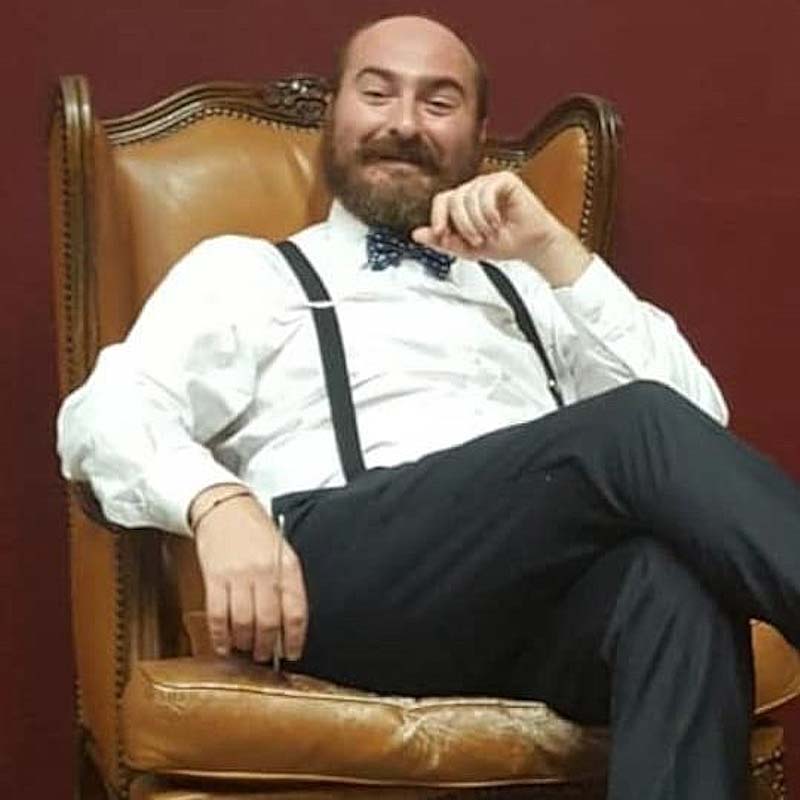
The author of this article: Andrea Laratta
Giornalista. Amante della politica (militante), si interessa dei fenomeni generati dal turismo, dell’arte e della poesia. “Tutta la vita è teatro”.Warning: the translation into English of the original Italian article was created using automatic tools. We undertake to review all articles, but we do not guarantee the total absence of inaccuracies in the translation due to the program. You can find the original by clicking on the ITA button. If you find any mistake,please contact us.